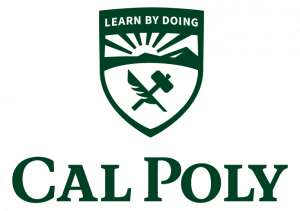Unintentional pesticide contamination in organic crops has been flagged as a major challenge by the organic sector, across the supply chain. For example, the Organic Farmers Advisory Council has highlighted it as a top priority in their 2019 work plan, and the Organic Trade Association is currently assembling a task force to engage the industry in protecting organic integrity from pesticide contamination. Contamination can have a disproportionate impact on organic farmers, because organic stakeholders along the entire supply chain are burdened with the cost of testing and experience losses when tests are positive. While the organic community has identified this as a critical topic for investigation, little data has been collected synthesizing the current experiences and specific research needs of the organic community.
This project brings together organic stakeholders across the supply chain with scientists to determine the crops that are most heavily impacted by contamination, pesticides that the organic industry has detected on its crops, losses that organic farmers and industry members have experienced, strategies that organic farmers have undertaken to reduce pesticide drift, and research needs for identifying vectors and preventing contamination to inform the development of a large-scale and multi-disciplinary research project that will provide farmers with strategies for combating current contamination.
The long-term goal of this proposal is to provide organic growers and industry members with economical and sustainable methods to manage pesticide contamination on their crops. The specific objectives of this proposal are:
- to gather information on current losses, specific pesticide residues, and techniques being utilized by organic growers and industry members to minimize contamination;
- to assess the target audience’s priorities related to research on reducing pesticide contamination;
- to determine research, outreach, and education needs for developing and delivering a comprehensive plan for controlling pesticide contamination in organic crops across the supply chain.









